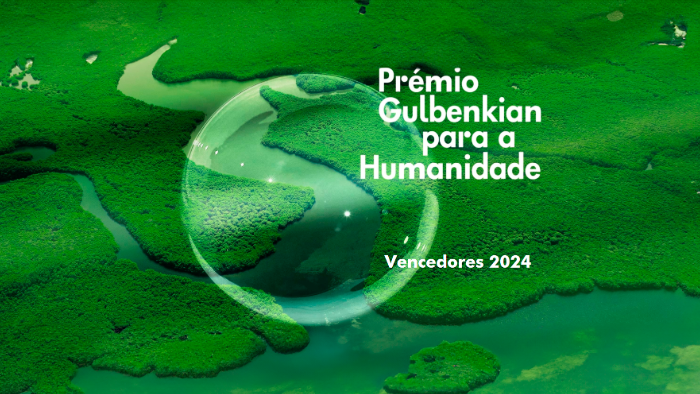News
Gulbenkian Prize for Humanity
Gulbenkian Prize for Humanity
Winners are pioneers of sustainable agriculture

This year's Gulbenkian Prize for Humanity highlights the diversity of solutions in sustainable agriculture and distinguishes people and organisations that contribute to food security, climate resilience and ecosystem protection globally.
11 Jul 2024 Andhra Pradesh Community Managed Natural Farming (India), Professor Rattan Lal (USA/India) and SEKEM NGO platform (Egypt) are the winners of the Gulbenkian Prize for Humanity 2024, for their contribution to global food security, climate resilience and ecosystem protection.
The jury, chaired by former German Chancellor Angela Merkel, selected these three entities in recognition of the importance of complementarity of their work and the need to reconcile scientific research with practical applications in the area of sustainable agriculture.
The three winners were selected from 181 applications from 117 nationalities (the highest ever number of nominations and geographical distribution) for their distinct approaches to sustainable agriculture – biodynamic, natural and regenerative agriculture – which have been successfully implemented in several regions with adverse climate conditions, demonstrating how sustainable agriculture benefits communities, farmers, economies and the planet.
With this choice, the Gulbenkian Prize for Humanity 2024 underscores how climate challenges are interdependent and lead to interconnected systemic crises. Climate change is exacerbating biodiversity loss, extreme weather events and resource degradation, disrupting food systems and human health globally. At the same time, agriculture contributes significantly to climate change through carbon emissions, land and water degradation, and biodiversity loss.
More information here.
